6 Tips for Combating Job Search Decision Fatigue
There are decisions to be made every single day. From right before you go to sleep and you have to decide what time to set the alarm for to as soon as you wake up and have to decide whether or not you’re going to hit the snooze button.
During a job search, which is stressful by nature, there are endless challenging decisions you must make. In fact, there are so many factors to consider that if you don’t take steps to protect your mental health, you may end up experiencing decision fatigue, a state of mental exhaustion.
This post outlines how you can avoid decision fatigue during your job search so that you can save mental energy and make sound decisions to bolster your career.
From deciding how to format your resume to what particular jobs to submit applications for, job searching requires you to make a lot of decisions. These strategies below can help you limit the number of decisions you have to make to avoid decision fatigue:
- Establish hard edges
- Utilize deal breakers
- Limit your search
- Use if-then rules
- Use a yes/no list
- Take a break
6 Tips for Combating Job Search Decision Fatigue
1. Establish Hard Edges
 Setting specific hours during the day or limiting the number of hours you spend job searching per week, will help you avoid spending too much time browsing job descriptions or submitting applications to positions that aren’t a good fit. Although it may seem counterintuitive, spending too much time on your job search can actually reduce your chances of landing the right job. If you’re constantly job searching, then you’re constantly making decisions and this can quickly lead to burnout and decision fatigue.
Setting specific hours during the day or limiting the number of hours you spend job searching per week, will help you avoid spending too much time browsing job descriptions or submitting applications to positions that aren’t a good fit. Although it may seem counterintuitive, spending too much time on your job search can actually reduce your chances of landing the right job. If you’re constantly job searching, then you’re constantly making decisions and this can quickly lead to burnout and decision fatigue.
2. Utilize Deal Breakers
It’s important to keep in mind that no job is perfect, and there are always going to be pros and cons to accepting a particular offer. However, constantly weighing the pros and cons of jobs you come across in your search is not only time-consuming, but it’s also stressful. Instead, use dealbreakers to quickly eliminate positions and make faster decisions. Set dealbreakers around salary, workload, title, travel requirements, commute time, and benefits. If a job will require you to travel more than you’re willing to or the salary is outside your set range, don’t proceed.
3. Limit Your Search
 You will want to limit the keywords you use to search for job prospects. There’s no need to sort through jobs that are outside your area of interest or that you’re either unqualified or overqualified for. Create a list of keywords and utilize filters whenever possible to bring up appropriate positions. For example, if you’re looking for an entry-level position in marketing, use keywords such as “marketing associate” and filter experience to entry-level to bring up qualified positions.
You will want to limit the keywords you use to search for job prospects. There’s no need to sort through jobs that are outside your area of interest or that you’re either unqualified or overqualified for. Create a list of keywords and utilize filters whenever possible to bring up appropriate positions. For example, if you’re looking for an entry-level position in marketing, use keywords such as “marketing associate” and filter experience to entry-level to bring up qualified positions.
4. Use If-Then Rules
Another strategy to help you avoid having to make unnecessary decisions is to create a few if-then rules. For example, if you have a rule not to apply to jobs that require more than 2 years of experience and you see a position requires 5-7+ years of experience, then don’t submit an application. Use your predetermined if-then rules to quickly eliminate positions and save you time and mental energy.
5. Use a Yes/No List
Another helpful technique is making a list of statements to consider before pursuing an opportunity. Comprise your list of statements such as “The pay is sufficient”, “The work hours fit my lifestyle”, or “The commute is acceptable.” When you can answer “yes” to a few or more of your statements, then you should proceed with the application process.

6. Take a Break
Even if you strategize and reduce the number of decisions you need to make, it’s important to still take breaks. That may mean taking a few nights or even a week off at a time. If you’re feeling mentally fatigued, try to use your break to do something that will help clear your mind, such as exercising or meditating.
Looking for a new job can be an arduous and stressful process. In order to be successful, it’s important to prioritize your mental health and go about your job search strategically. Doing so will help you avoid decision fatigue and successfully find your next opportunity.
The sudden and drastic change in the typical workforce landscape has altered the way many of us work. Beyond changing how we work, it has also changed how we hunt for jobs and conduct interviews. It is important to consciously be aware of these changes and utilize resources in order to be the most productive and confident version of ourselves.
For more HR resources, visit some of our other blog posts:
Employee Relationship Management
Virtual Interview Tips & Best Practices
Virtual & Online Onboarding Guide
Remote Employee Engagement
HR Guide on Working Remotely
Cybersecurity Best Practices
Get more insights in our newsletter:
* every subscription supports charity!


 Unlock exclusive resources for better teams. Every subscription supports charity!
Unlock exclusive resources for better teams. Every subscription supports charity!
Create Your Free Account
Get exclusive access to new programs from the TeamBonding Lab, save your favorite ideas, and track your upcoming events.
Already have an account? Login





